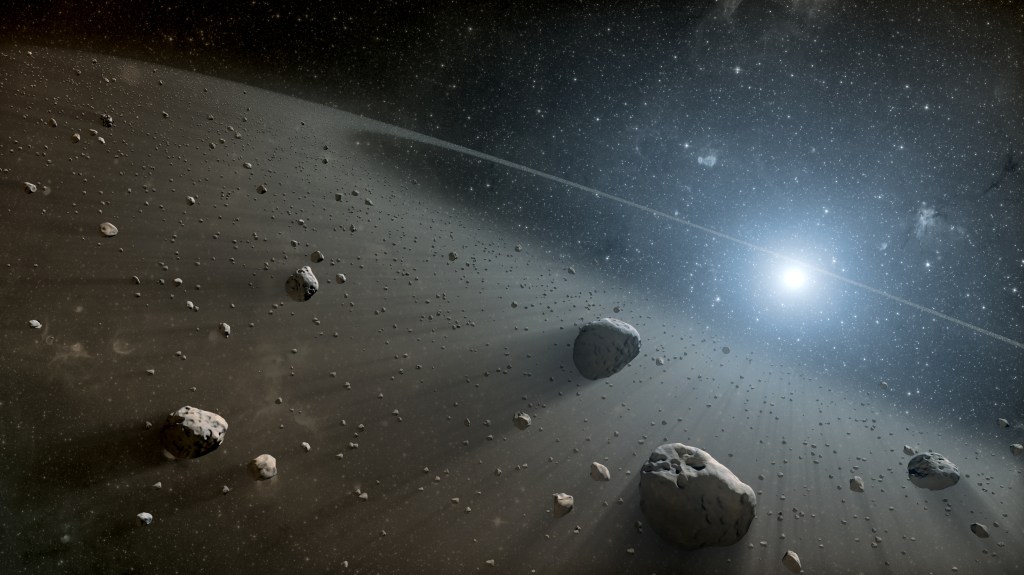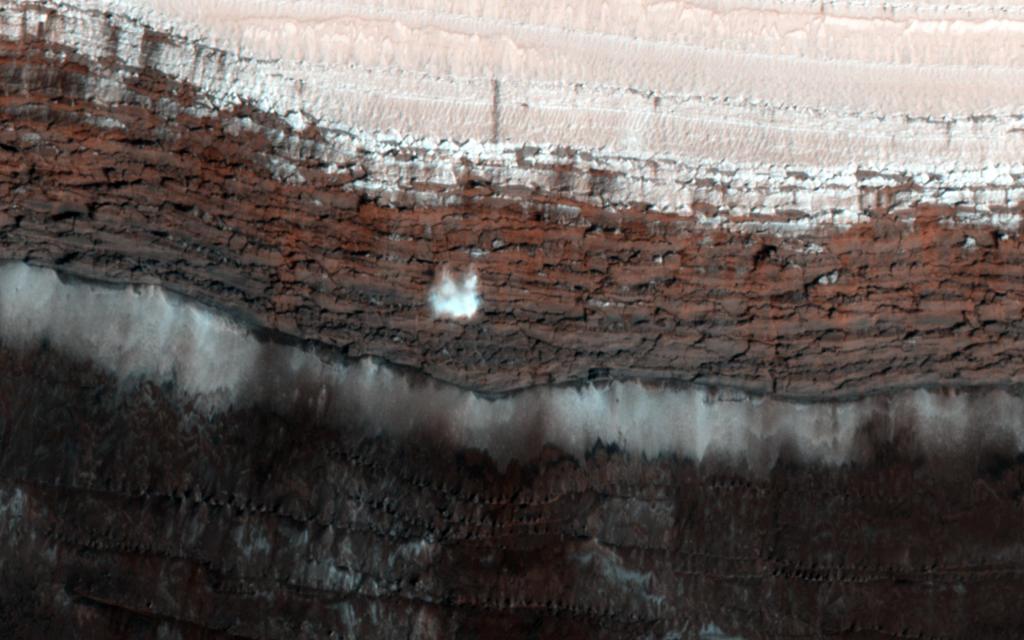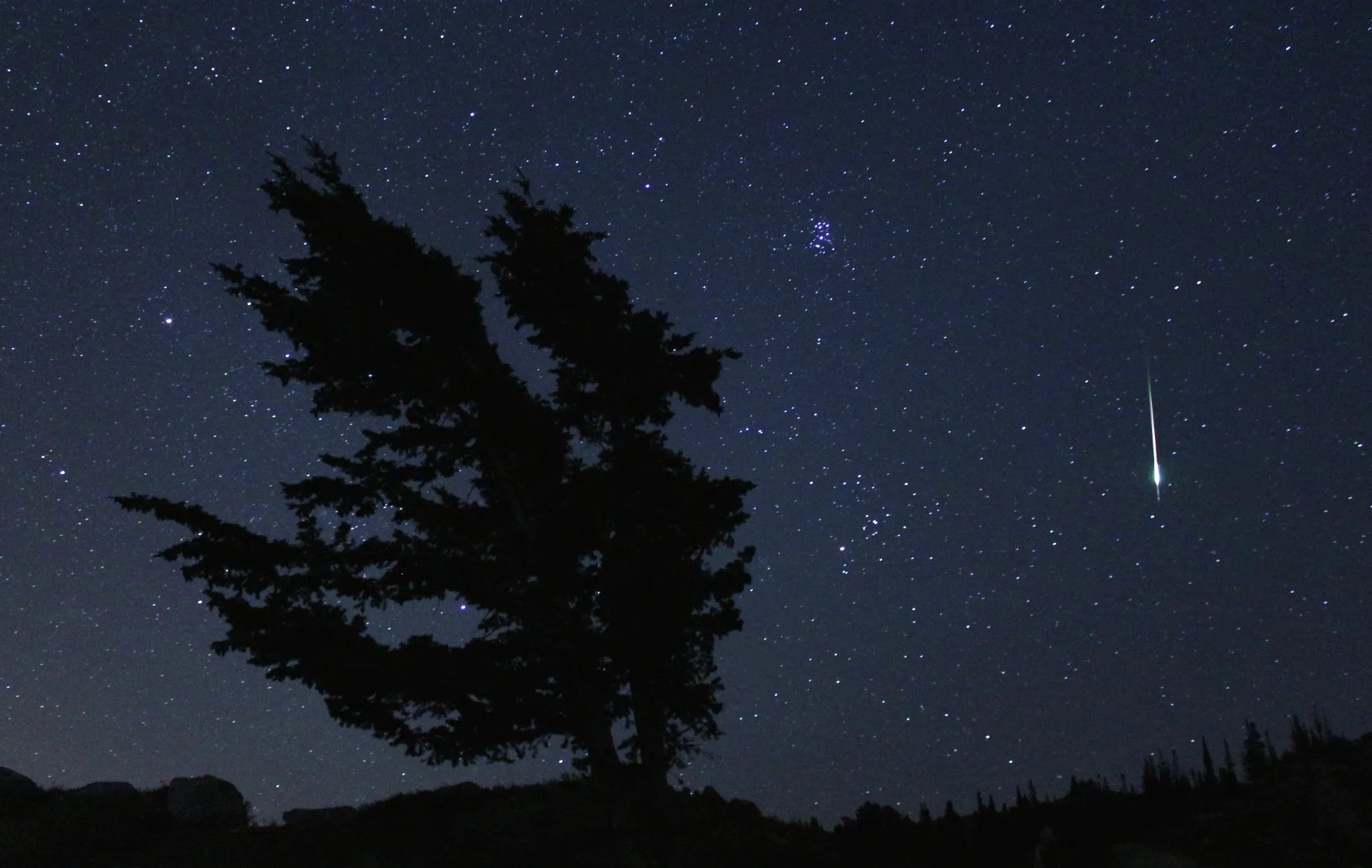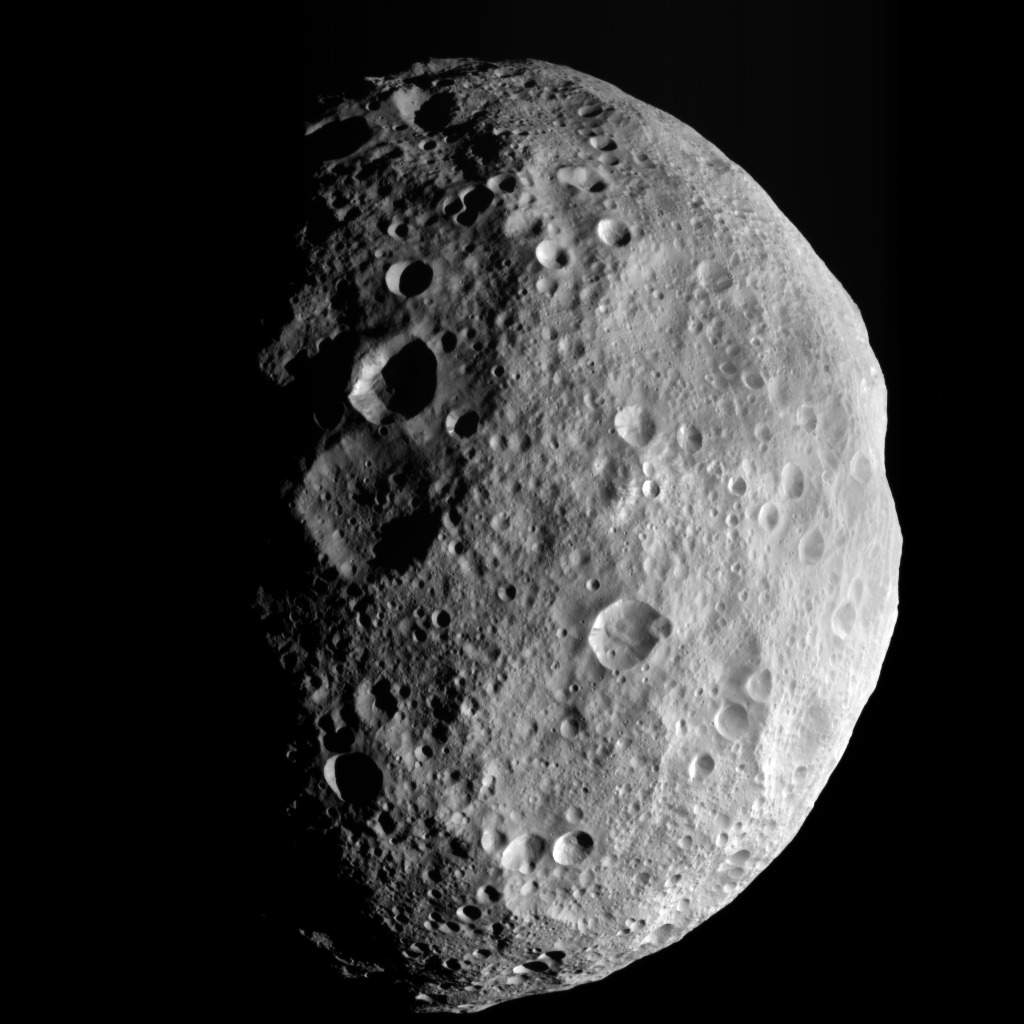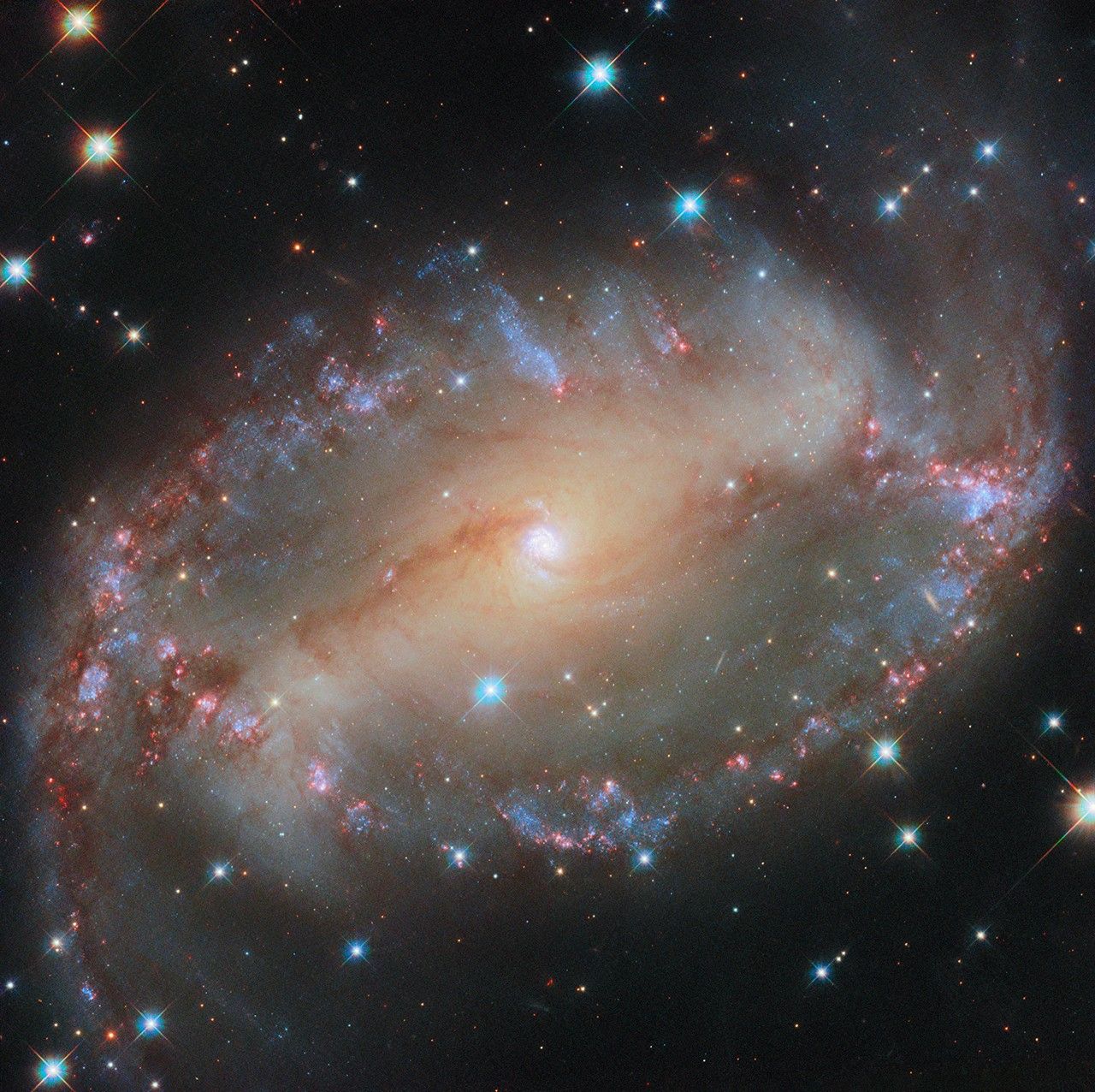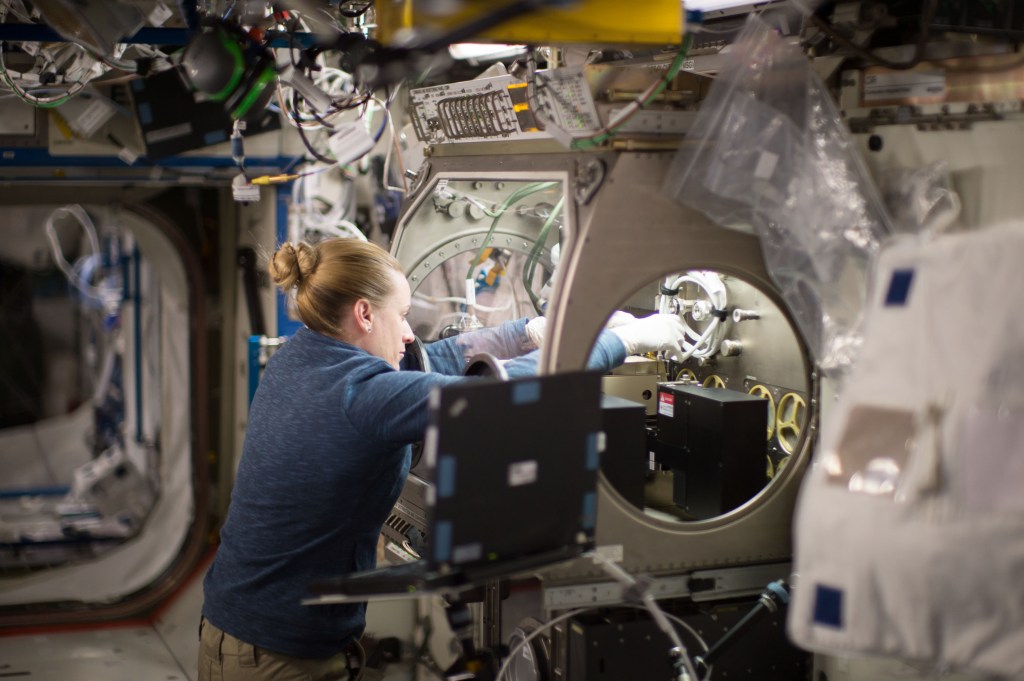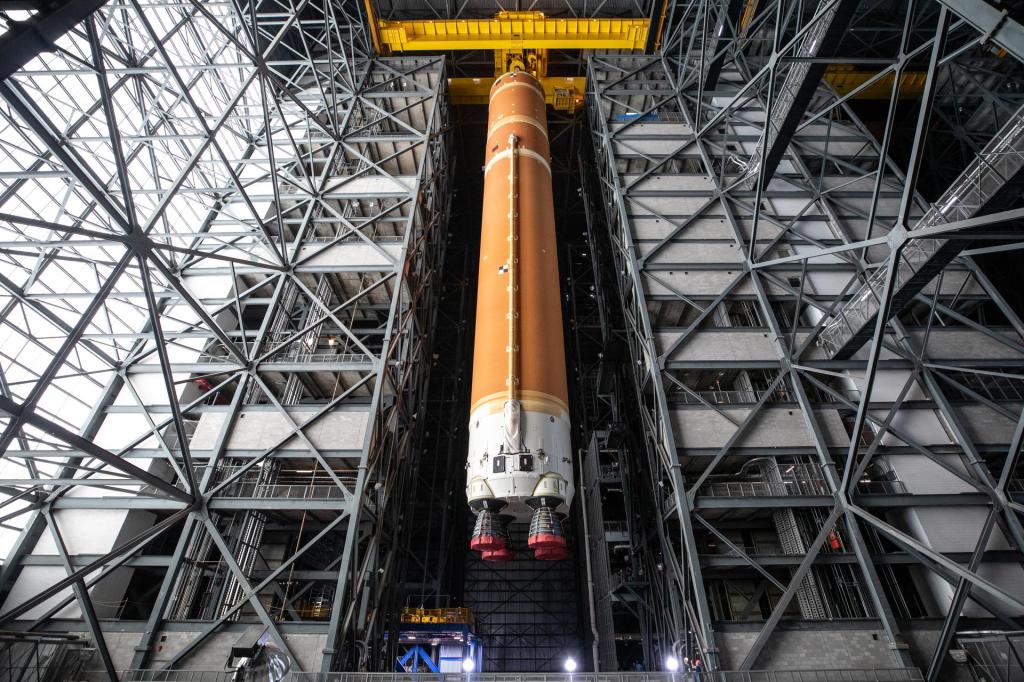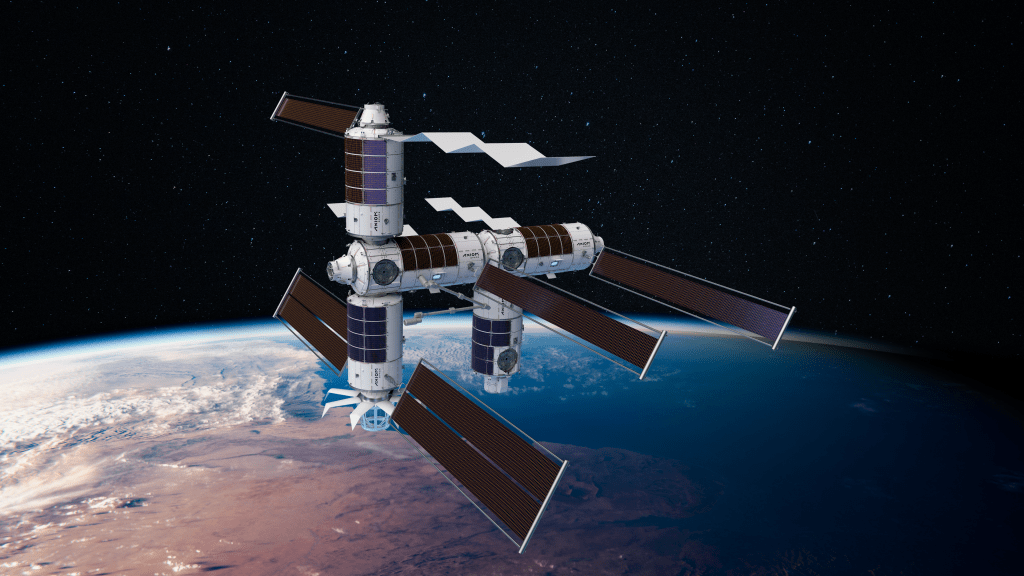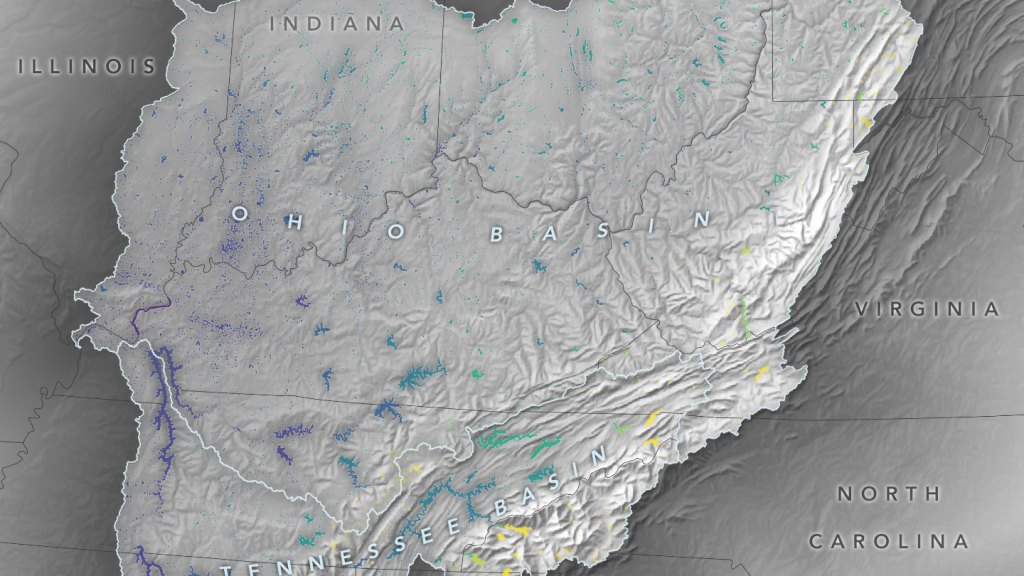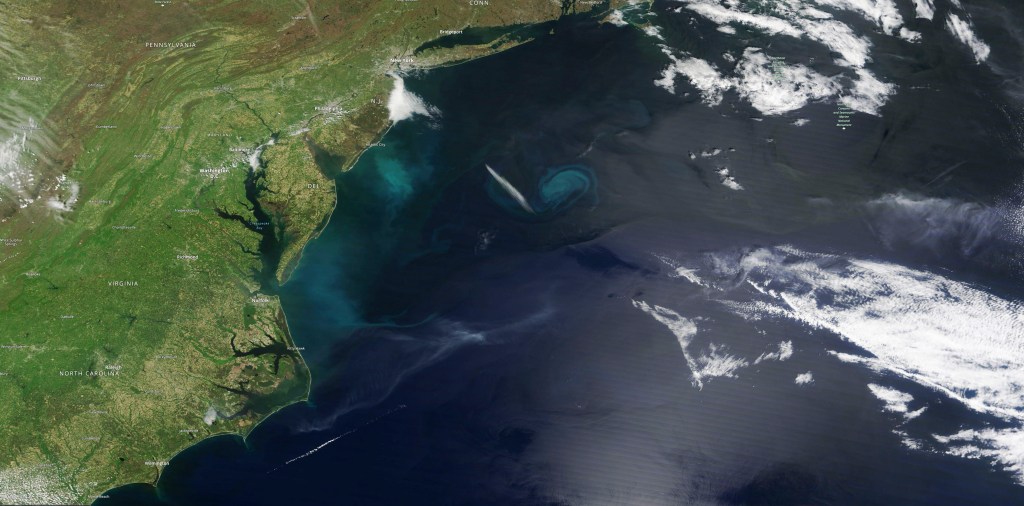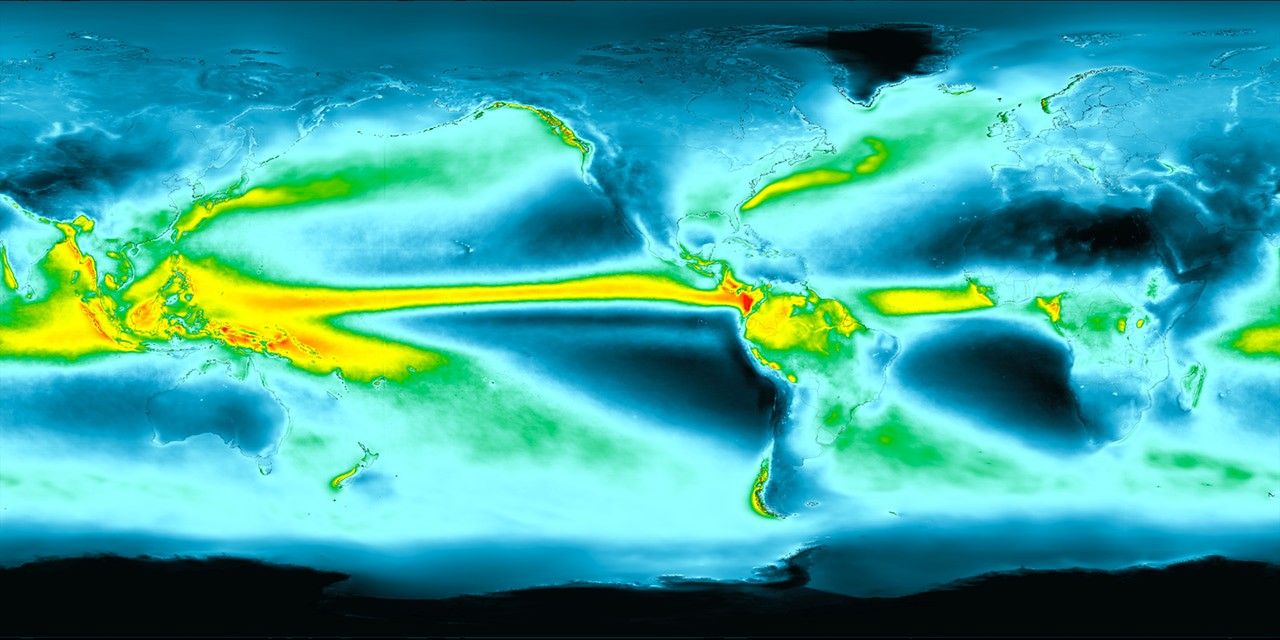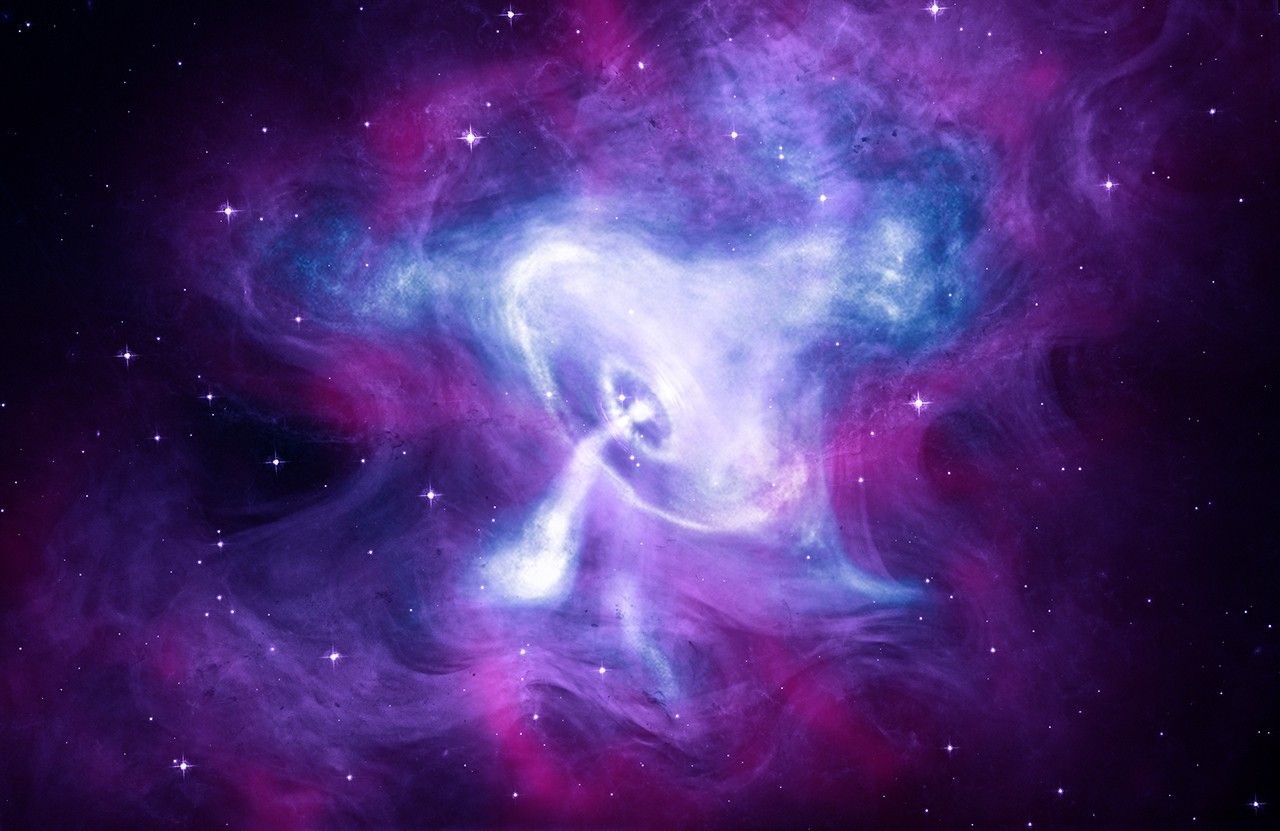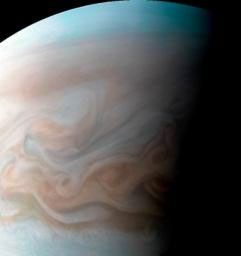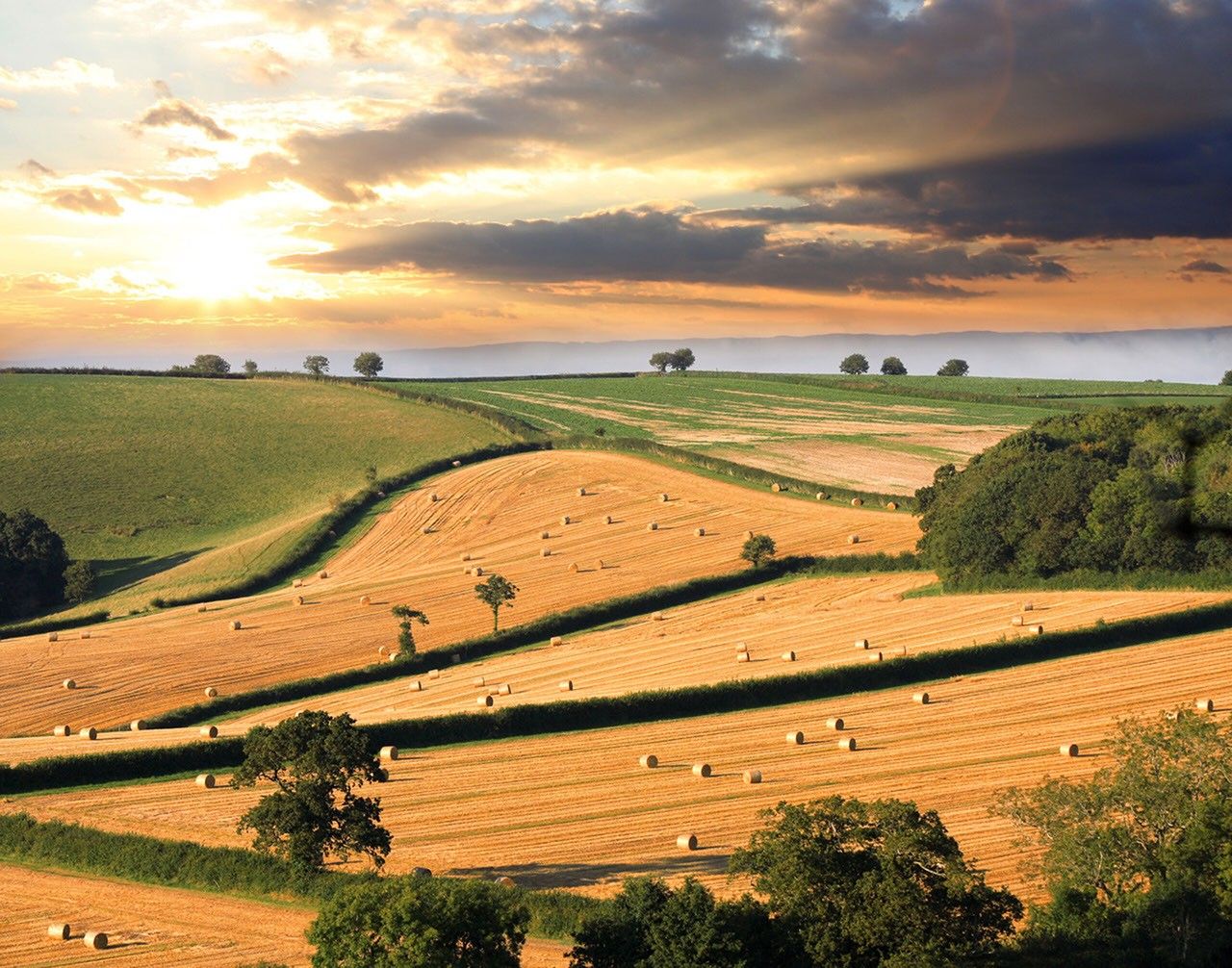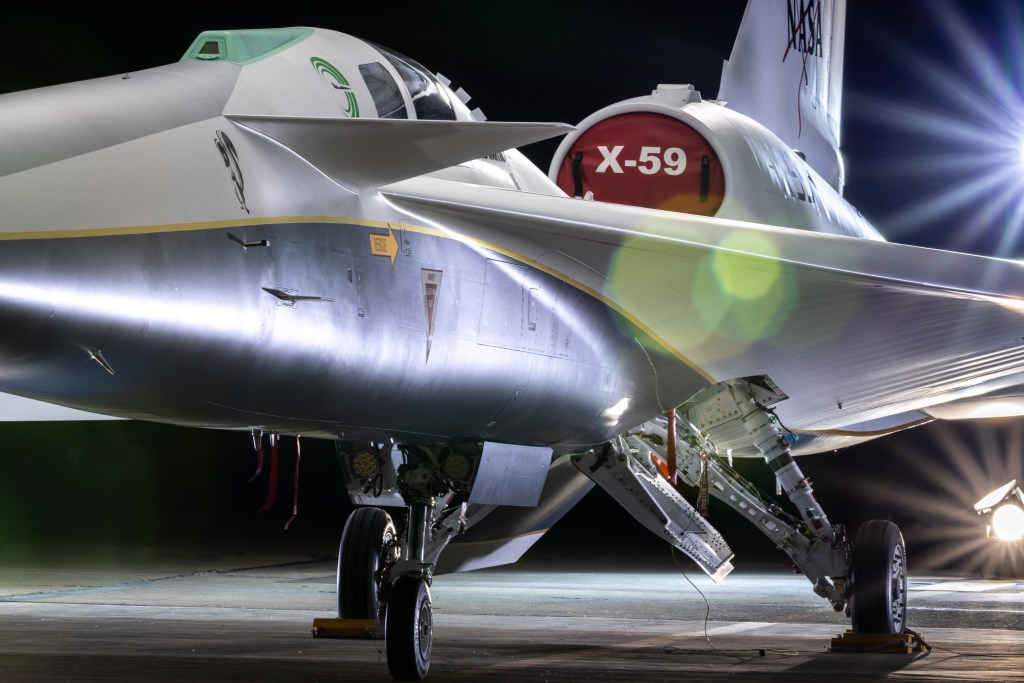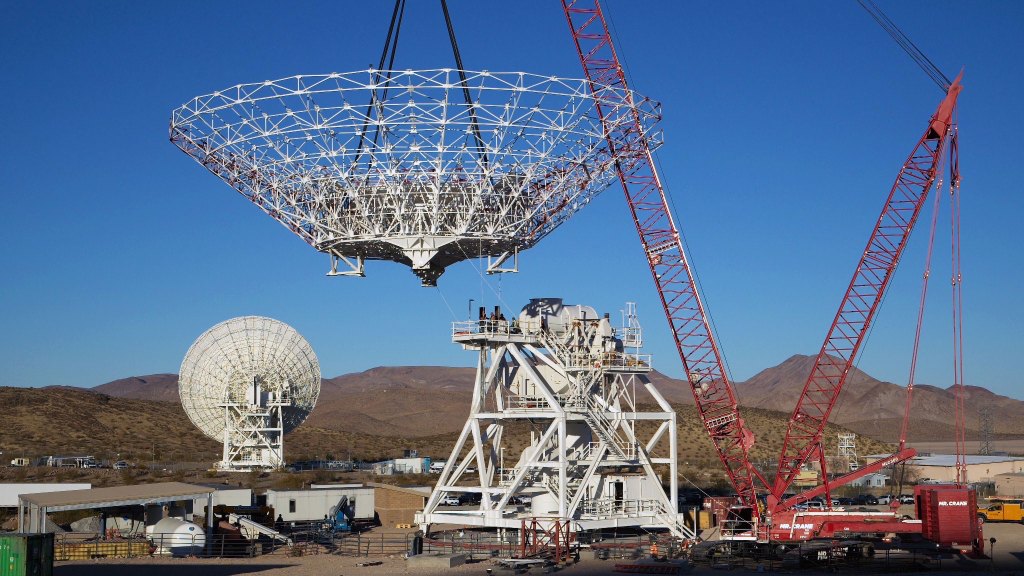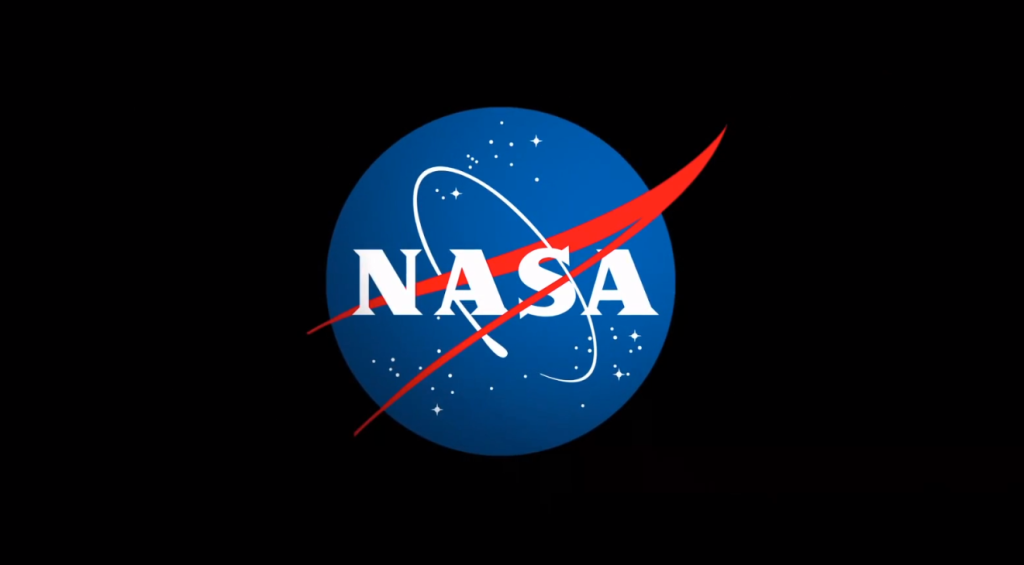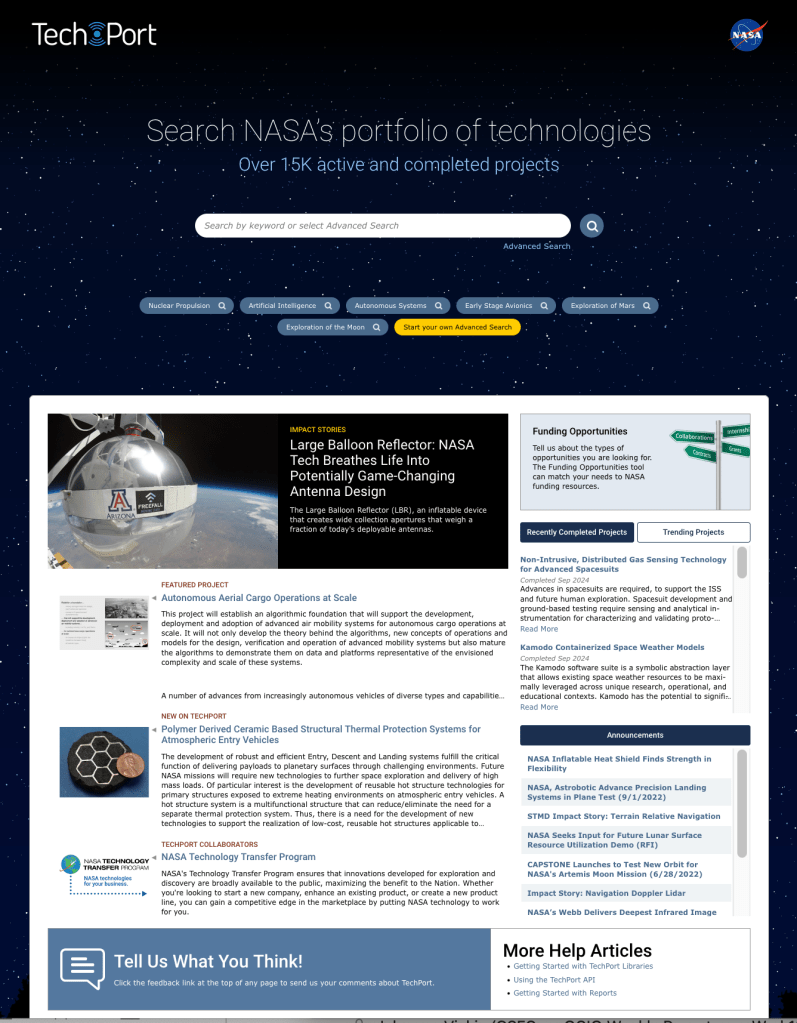Posted on: April 30, 2012
Branch / Organization: Space Science & Astrobiology Division

The Licancabur volcano on the border of Chile and Bolivia hosts one of the world’s highest elevation lakes. The lake environment has low oxygen levels, low atmospheric pressure and high UV radiation. The lake is ice-covered most of the year but remains liquid and above freezing at the lake bottom. These attributes make Licancabur an excellent analog for ancient Mars lakes. Ames scientists are studying Licancabur to understand the astrobiology of such regions on Earth and Mars and to develop strategies for searching for life within the Solar System.
Volcanic Lakes at Licancabur
Posted on: January 11, 2010
POC: Nathalie Cabrol
Branch / Organization: Space Science & Astrobiology Division

Nathalie Cabrol and her team go to the Andes mountains to dive in the volcanic lakes at Licancabur at 20,000 feet.

